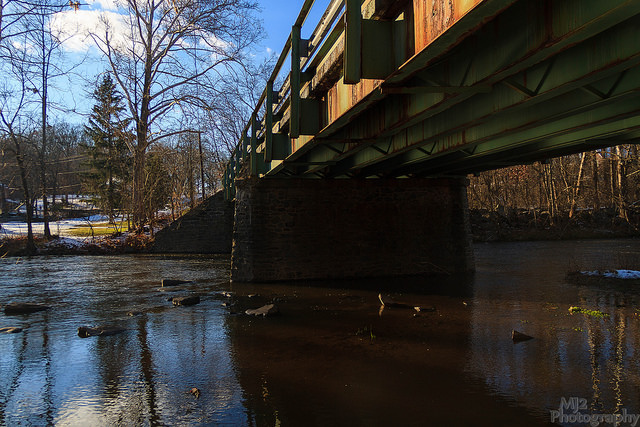 It’s tradition for the conference chair of the Mid-Atlantic Chapter of the Ecological Society of America to host the annual gathering at his or her institution. Last year, it was Virginia Tech. This year, Dr. David Bowne, associate professor of biology, is chair, which means April 17-19, Elizabethtown College is the destination for about 150 ecology scholars, undergraduate and graduate students, and private ecologists from New York to Virginia. Topics of presentations are as broad as the field of ecology, explained Bowne: effects of wildfires, sea-level rise, beetles—several talks about beetles, in fact.
It’s tradition for the conference chair of the Mid-Atlantic Chapter of the Ecological Society of America to host the annual gathering at his or her institution. Last year, it was Virginia Tech. This year, Dr. David Bowne, associate professor of biology, is chair, which means April 17-19, Elizabethtown College is the destination for about 150 ecology scholars, undergraduate and graduate students, and private ecologists from New York to Virginia. Topics of presentations are as broad as the field of ecology, explained Bowne: effects of wildfires, sea-level rise, beetles—several talks about beetles, in fact.
Attending national conferences helps prepare students for further research, whether they observe or participate—especially if they participate, such as presenting a poster. A few of Bowne’s students will present student-faculty research on campus turtle population.
“Being comfortable with an audience is excellent professional development,” he said. “It broadens their horizons and helps them see what others [in the field] are doing.”
Senior Alexandra Doran attended a regional conference as a sophomore and found it fascinating to watch upperclassmen present their research.
“I got to see their work translate into something else… It was enlightening, so I set a goal to present the next year,” she said. And she did, winning second place in the student competition for her research on whether or not road density affects turtle mortality. “It was satisfying.”
Doran has been interested in the environment since she was a Girl Scout. As a child, she combed beaches and, in high school, she became more interested in marine life. She’s definitely looking forward to a career related to conservation. And a conference is a good place to make connections.
It’s nice to get ecologists outside…”
Bowne said he has joked with students at previous conferences: “I’m not letting you back in the van without two business cards.”
Because networking is so important, Bowne said he wanted this year’s ESA conference to be more focused on career development than in the past. For example, the keynote is a career coach specializing in the ecology field. And a panel discussion will feature members of a variety of organization types: federal government, state government, private firms and NGOs. This, he hopes, will expose students to the many types of career directions available.
In addition to presentations and posters at a typical academic conference, the ESA event includes two optional field trips.
“It’s nice to get ecologists outside,” said Bowne, explaining that participating attendees will visit two stream restoration projects: Conewago Creek, a USDA showcase watershed, on which Elizabethtown’s Thomas Murray worked, and Willow Street’s Big Spring Run, a project on which Bowne was a collaborator. Bowne said that each site used unique techniques, providing conference-goers the opportunity to compare methods.
Doran agrees with notion of getting out of the lecture hall, and she likes the idea of the conference being held at Elizabethtown; she explained that the last few she attended were on more urban campuses.
“We have Lake Placida and lots of green space. It’s nice for an ecological conference to have some grass.”
PHOTO: Bridge going over Conewago Creek in Lancaster County , Flickr Creative Commons

